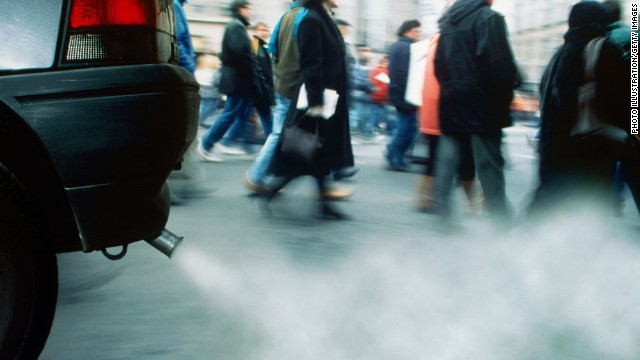ST. PETERSBURG, Fla. - Nearly 800,000 Americans have strokes each year and about 100,000 are left with serious problems communicating, a condition known as aphasia. Research has demonstrated that, with therapy, many of these patients can talk and understand language again. But the process can be slow and expensive.
A new study from the Medical University of South Carolina tallies at least part of that expense by examining Medicare payments to thousands of stroke patients. The study found that people with aphasia tend to be older and sicker than other stroke patients, requiring hospital stays that are on average 6.5 percent longer and Medicare payments that are 8.5 percent higher.
But despite their greater needs, Medicare caps payments for speech and physical therapy after a stroke at less than $1,900. Most private insurance also has strict limits for such rehabilitation.
In light of growing evidence that recovery can continue for some time after the stroke, that philosophy should be reconsidered, says the lead author of the new study, published recently in Stroke: Journal of the American Heart Association.
Without adequate treatment, patients and families suffer "substantial limitations in life participation," said Charles Ellis Jr., associate professor at the Medical University of South Carolina.
Lisa Edmonds, an aphasia researcher at the University of Florida, says some patients continue to make gains for years. "The improvement may not be as steep as it is in the first year, but there is the capacity to continue improving. Some for three, five years after," she said.
A new study from the Medical University of South Carolina tallies at least part of that expense by examining Medicare payments to thousands of stroke patients. The study found that people with aphasia tend to be older and sicker than other stroke patients, requiring hospital stays that are on average 6.5 percent longer and Medicare payments that are 8.5 percent higher.
But despite their greater needs, Medicare caps payments for speech and physical therapy after a stroke at less than $1,900. Most private insurance also has strict limits for such rehabilitation.
In light of growing evidence that recovery can continue for some time after the stroke, that philosophy should be reconsidered, says the lead author of the new study, published recently in Stroke: Journal of the American Heart Association.
Without adequate treatment, patients and families suffer "substantial limitations in life participation," said Charles Ellis Jr., associate professor at the Medical University of South Carolina.
Lisa Edmonds, an aphasia researcher at the University of Florida, says some patients continue to make gains for years. "The improvement may not be as steep as it is in the first year, but there is the capacity to continue improving. Some for three, five years after," she said.
Read more: http://www.abcactionnews.com/dpp/news/health/Speech-long-after-stroke#ixzz1qNi1Mtzi


 Stroke is one of the silent killers just like heart attacks, and the amount of damage it does to the body varies, with many of those who suffered from a stroke before having to live with limited movement as well as slurred speech. Not only that, statistics show that nearly 33% of stroke patients experience another stroke – all the while when they are still stuck in the hospital. Nurses assigned to such patients will have to go the extra mile then to keep a close eye on them, and also to help arrange for such patients to undergo additional tests if they fall under the category of being a high risk case of getting another stroke.
Stroke is one of the silent killers just like heart attacks, and the amount of damage it does to the body varies, with many of those who suffered from a stroke before having to live with limited movement as well as slurred speech. Not only that, statistics show that nearly 33% of stroke patients experience another stroke – all the while when they are still stuck in the hospital. Nurses assigned to such patients will have to go the extra mile then to keep a close eye on them, and also to help arrange for such patients to undergo additional tests if they fall under the category of being a high risk case of getting another stroke.



